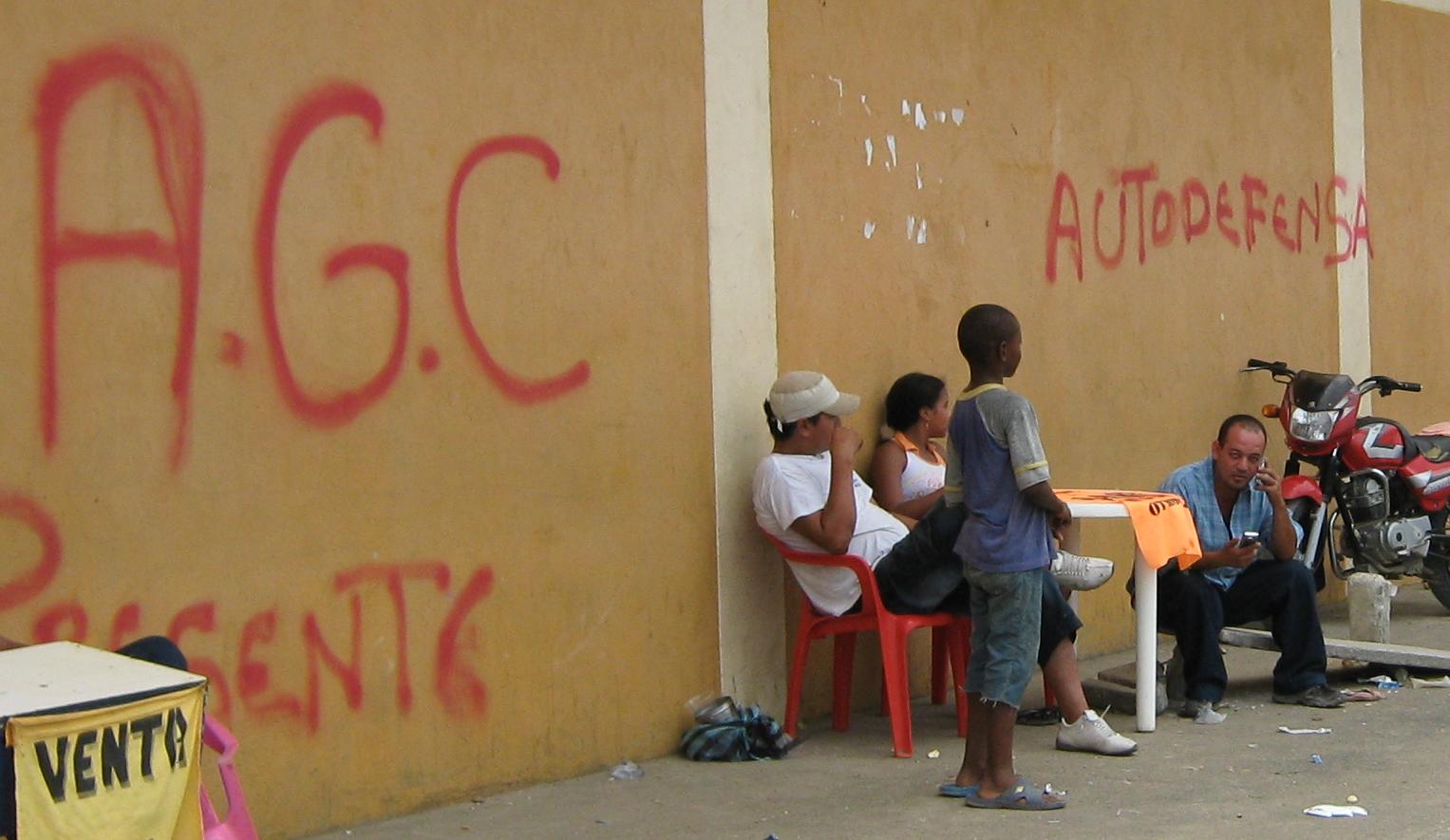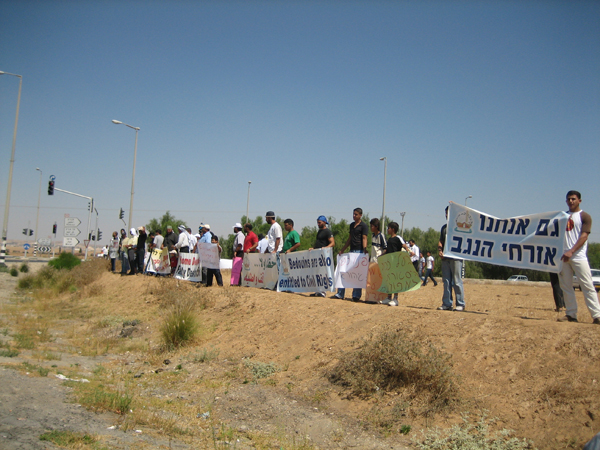Colombia: strike wave begins with violence
Colombia's campesinos, miners, truckers and other sectors launched a nationwide strike, with clashes reported as National Police troops attacked roadblocks.
Colombia's campesinos, miners, truckers and other sectors launched a nationwide strike, with clashes reported as National Police troops attacked roadblocks.
After tense negotiations, the Red Cross transported to safety two Colombian National Police agents taken captive by the FARC guerillas in Cauca department last month.
An “Indigenous and Popular Peace Proposal” has been issued to bring demands for territorial autonomy to the talks between the Colombian government and FARC rebels.
Embera indigenous communities on Colombia’s Pacific coast came under bombardment by army helicopters, while an Awá community expelled illegal gold miners from their land.
Under pressure to address the ongoing wave of targeted assassinations in Colombia, President Iván Duque for the first time spoke before the National Commission to Guarantee Security, formed by the previous government to address continuing violence in the country—which has only worsened since he took office last year. Duque said 4,000 people are now under the government's protection program for threatened citizens. But his office implied that the narco trade is entirely behind the growing violence. Interior Minister Nancy Patricia Gutiérrez told the meeting: "This great problem is derived from the 200,000 hectares of illicit crops that we have in Colombia." However, it is clear that the narco economy is but part of a greater nexus of forces that fuel the relentless terror—all related to protecting rural land empires and intimidating the peasantry. (Photo via Contagio Radio)

Thousands of Colombians took to the streets July 6 to protest the mounting wave of assassinations of social leaders in the country. The protests and vigils were largely ignored by the country’s political leaders, who have come under international pressure for their failure to respond to the wholesale killing that has claimed the lives of 311 community leaders since 2016. Days after the mobilization, the Inter-American Commission of Human Rights issued yet another call for the Colombian government to take urgent measures to call a halt to the ongoing attacks. Opposition leaders charge that the assassinations are a "systematic" campaign, and that authorities must break up resurgent paramilitary networks rather than just arresting individual sicarios (assassins). (Photo via Contagio Radio)

Colombia’s voters elected conservative Iván Duque as the country's president, handing a decisive defeat to leftist candidate Gustavo Petro in a run-off vote. Duque is political protege of ex-president Alvaro Urbe, a bitter opponent of the peace process with the former FARC guerillas, and campaigned on a pledge to revise the peace deal. A popular referendum on overturning the legislation that was passed to implement the peace deal has been broached.

Colombia's peace process continues to advance, with institutional mechanisms for a post-war order falling into place. But violence in the countryside across Colombia remains at an alarming level, as social leaders are targeted for assassination by paramilitary factions. The ELN guerilla organization—which, unlike the FARC, remains in arms—released a statement noting that January had seen an assassination every day across the country, and charged that rightist paramilitary networks are carrying out a "systematic genocide."